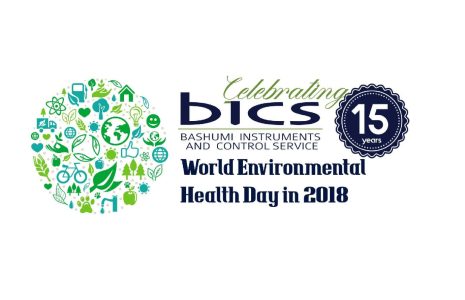Many millennials’ may bluff over the fact that humanity can survive without Android and iOS. Even though science and everyday life should not be separated – we at Bashumi Instruments and Control Services (BICS) still believe that carbon, oxygen, hydrogen, and nitrogen are the only essential elements of life.
Given the energetics above – we have learned, we would rather spend our days mixing hydrogen gas and oxygen gas, adding sufficient heat to provide the activation of energy and realizing we have the potential to make water.
While we could make water – it is more important to debate whether scientists can make enough water to fight a drought or whether it would be sustainable to teach society resident to conserve water…
It is imperative that water management related topics aren’t only discussed across science laboratory tables and within the confined walls of boardrooms because water is not just an aesthetic that we merely bottle and glamourize with lemon slices. Instead, it plays an important role in the bullish and bearish movements of our economy.
Below is a list of three industries we service which cannot function without water:
Regular drinking water – the source for purified water for the Health and Pharmaceutical industry – is a limited resource. The World Health Organization predicts that by 2025, more than 50% of the human population will be living in water-stressed areas. In a PharmTech article about water shortage, Jennifer Markarian says “Pure water is essential for pharmaceutical manufacturing. The United States Pharmacopeia (USP) and other global pharmacopoeias require pharmacy manufacturers to begin with drinking water and purify it further to standards depending on the use, like purified water or water for injection (WFI).’’
The oil and gas industry may use far less water than other industries that we serve. However, an example of how much water petrol refineries use can be found in Lois E. Otts, Jr’s 1955 article “Water Requirements of the Refining Petrol Industry’’ she said: “About 3,500 million gallons of water was withdrawn daily in 1955 for use by petroleum refineries in the United States. This was about 3 percent of the estimated daily withdrawal of industrial water in the United States in 1955.’’
The Food and Beverage Industry is water intensive! The production of products within this field relies upon constant steaming and cooling of water to support production needs, to say the very least. In the publication, “Global Food: Waste Not, Want Not” by Dr. Tim Fox, the Head of Energy and Environment at the Institution of Mechanical Engineers, he notes that “approximately 3.8tn cubic Metres of water is used by humans annually with 70% being consumed by the global agriculture sector.
The factors mentioned above merely skim over the importance of water conservation around the world. Yet it is undeniable that water is a major part of the success of every country’s economy, humanity’s existence, and the overall sustainability of the earth’s life cycles.






